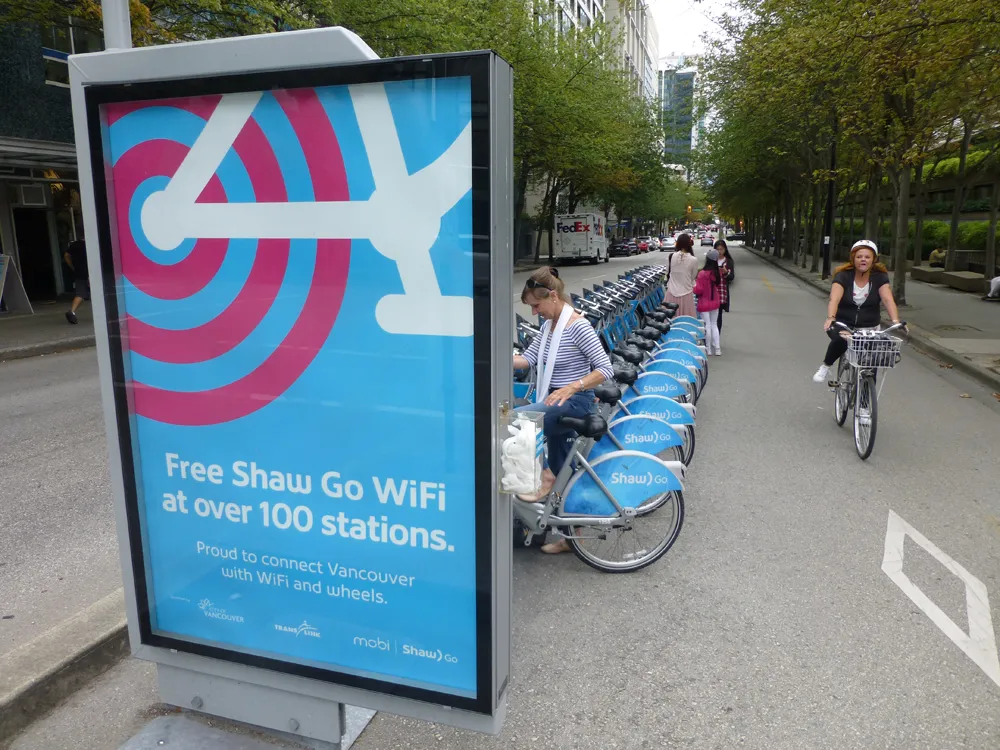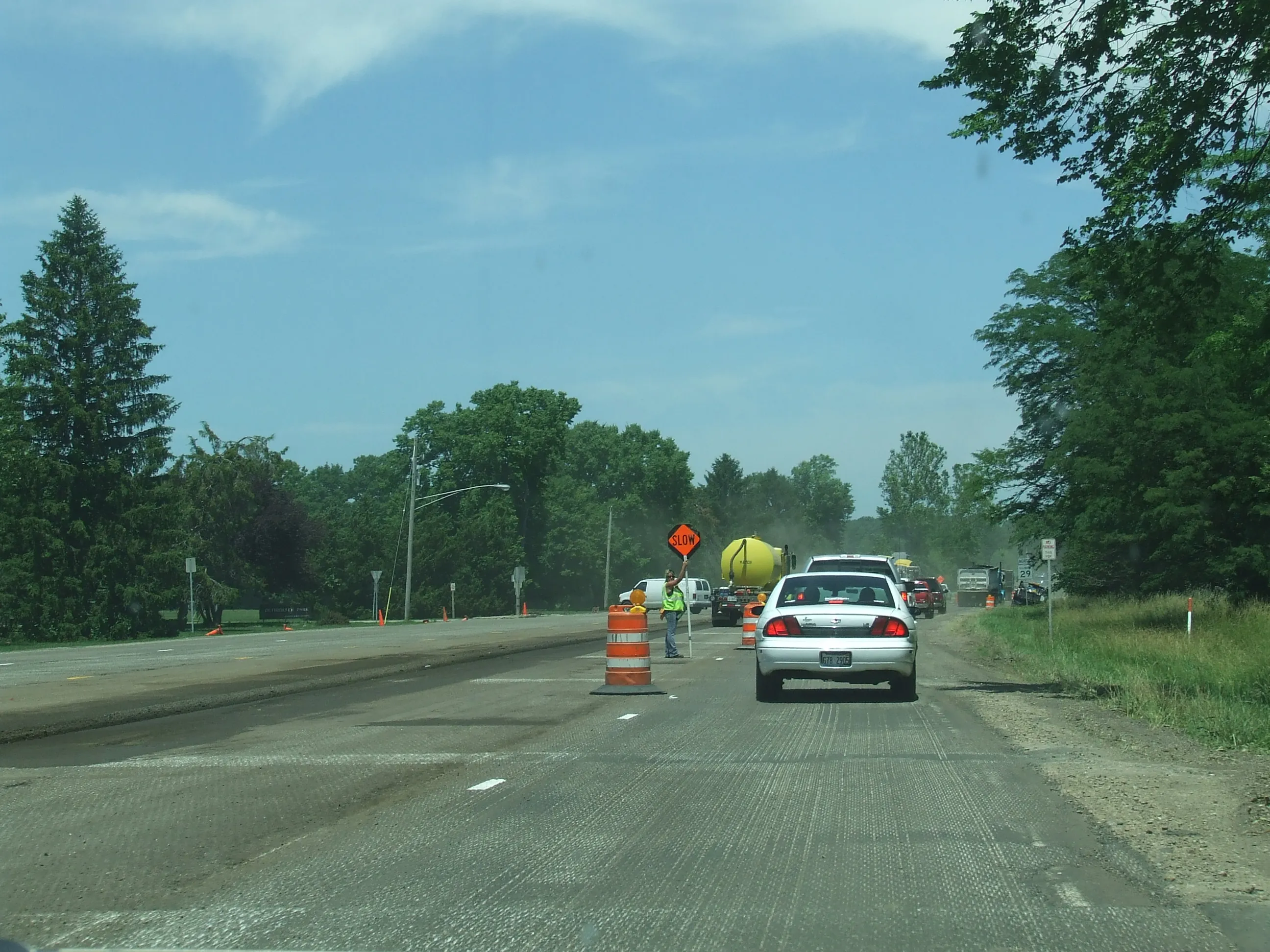A report by the Texas A&M Transportation Institute on traffic congestion in the US has revealed key data on increasing traffic volumes. California-based transportation body the Reason Foundation has analysed the 2012 Urban Mobility Report, which was produced it in cooperation with traffic data from INRIX and shows that as the US economy slowly recovers, congestion is increasing gradually. According to the Reason Foundation’s analysis of the data, US traffic congestion has not yet reached of the 2005-07 peri
March 15, 2013
Read time: 1 min
A report by the Texas A&M Transportation Institute on traffic congestion in the US has revealed key data on increasing traffic volumes. California-based transportation body the Reason Foundation has analysed the 2012 Urban Mobility Report, which was produced it in cooperation with traffic data from 5367 INRIX and shows that as the US economy slowly recovers, congestion is increasing gradually. According to the Reason Foundation’s analysis of the data, US traffic congestion has not yet reached of the 2005-07 period. Overall travel delay due to congestion reached 5.5 billion hours, the same as the previous year, with average delay hours/commuter up slightly and the cost of wasted time and fuel increasing from US$120 billion to $121.2 billion. At the peak in 2007 the cost of wasted fuel and time reached $131.2 billion.







